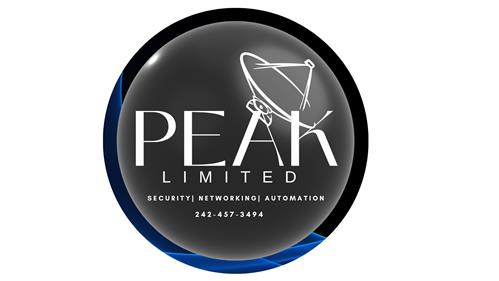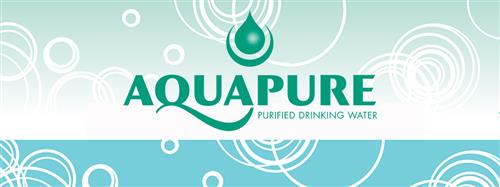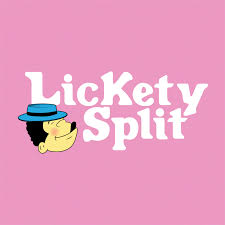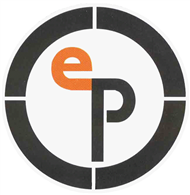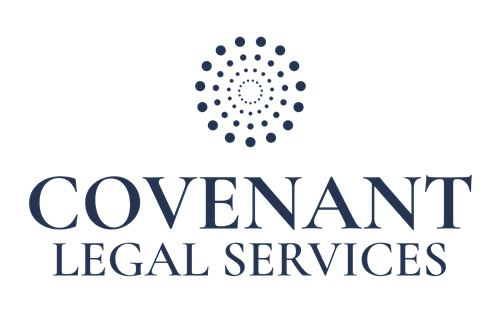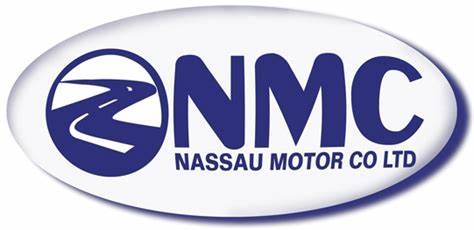Right or wrong?
Posted by Lindsey Cancino
Doing business with morality in mind.
By Claire Sykes
Special to The Rotarian
August 2006
Your supervisor asks you to shred some documents after everyone has left for the day. A co-worker confides in you about her affair with your married boss. You forget your wallet and promise yourself that you'll pay back that $20 from petty cash tomorrow.
Every day, we face ethical dilemmas. "Whenever you ask, what is the right thing to do? and not merely, what does the law require of me?, and your decision is likely to affect others, you're posing an ethical question," says Bruce Weinstein, an ethics consultant and author of Life Principles: Feeling Good by Doing Good. "Being ethical ultimately means taking the interests of others as seriously as your own and considering the consequences of your words and actions."
In the workplace, ethical standards start at the top and trickle down. An ethical manager sets a good example for others, and policies and procedures based on strong morals encourage ethical behavior from employees.
"Without ethics, we could never establish a trusting relationship with our clients, build our practice through personal referrals, and enjoy our solid reputation in the community," says Jordan Walters, a member of the Rotary Club of San Jose North, Calif., USA, and a senior adviser of private wealth management at Smith Barney.
But if ethics carry so many benefits, why do some companies ignore them?
"Unethical business owners see only an immediate gain versus the long-term, negative impact on their businesses and themselves," says attorney Cathleen A. Martin, past president of the Rotary Club of Jefferson City Breakfast, Mo., USA. "They may enjoy short-term profits, but their businesses will fail in the end."
Doing the right thing isn't always easy, though. Financial hardship can drive an honest person toward unethical choices. So can fear. For example, employees who witness stealing in the office might not report it because they worry about damaging their rapport with co-workers. "Many rationalize unethical behavior, insisting that no one will know, it won't hurt anyone, or everyone else does it," Weinstein says.
For a reliable moral compass, Rotarians can consult Rotary's guide for promoting the highest ethical standards in personal and professional life. "We live by The Four-Way Test," says Walters of his company. "[It] encourages questions, open dialogue, and exchange of ideas, so everyone knows what's going on."
At your workplace, put ethics into action with:
A policies and procedures manual that establishes a commitment to ethical standards
A system that lets employees report unethical or illegal behavior without repercussion
Checks-and-balances procedures, including surprise audits
Employee discussion and role playing of ethical dilemmas
Third-party consultants whose only agenda is to offer ethical guidance
When you incorporate the right ethical constructs into your business, and the head of your company "stands tall as a role model," says Walters, you nurture the right decisions and behavior among staff, vendors, and clients. Doing the right thing makes good business sense. But more than that, it's the right thing to do.
This article is © 2005 Rotary International and is provided for the non-profit use of Rotarians worldwide; commercial use is prohibited. The article may be quoted, excerpted or used in its entirety, but the information should not be changed or modified in any way. Read more information in the RI copyright notice
August 2006
Your supervisor asks you to shred some documents after everyone has left for the day. A co-worker confides in you about her affair with your married boss. You forget your wallet and promise yourself that you'll pay back that $20 from petty cash tomorrow.
Every day, we face ethical dilemmas. "Whenever you ask, what is the right thing to do? and not merely, what does the law require of me?, and your decision is likely to affect others, you're posing an ethical question," says Bruce Weinstein, an ethics consultant and author of Life Principles: Feeling Good by Doing Good. "Being ethical ultimately means taking the interests of others as seriously as your own and considering the consequences of your words and actions."
In the workplace, ethical standards start at the top and trickle down. An ethical manager sets a good example for others, and policies and procedures based on strong morals encourage ethical behavior from employees.
"Without ethics, we could never establish a trusting relationship with our clients, build our practice through personal referrals, and enjoy our solid reputation in the community," says Jordan Walters, a member of the Rotary Club of San Jose North, Calif., USA, and a senior adviser of private wealth management at Smith Barney.
But if ethics carry so many benefits, why do some companies ignore them?
"Unethical business owners see only an immediate gain versus the long-term, negative impact on their businesses and themselves," says attorney Cathleen A. Martin, past president of the Rotary Club of Jefferson City Breakfast, Mo., USA. "They may enjoy short-term profits, but their businesses will fail in the end."
Doing the right thing isn't always easy, though. Financial hardship can drive an honest person toward unethical choices. So can fear. For example, employees who witness stealing in the office might not report it because they worry about damaging their rapport with co-workers. "Many rationalize unethical behavior, insisting that no one will know, it won't hurt anyone, or everyone else does it," Weinstein says.
For a reliable moral compass, Rotarians can consult Rotary's guide for promoting the highest ethical standards in personal and professional life. "We live by The Four-Way Test," says Walters of his company. "[It] encourages questions, open dialogue, and exchange of ideas, so everyone knows what's going on."
At your workplace, put ethics into action with:
A policies and procedures manual that establishes a commitment to ethical standards
A system that lets employees report unethical or illegal behavior without repercussion
Checks-and-balances procedures, including surprise audits
Employee discussion and role playing of ethical dilemmas
Third-party consultants whose only agenda is to offer ethical guidance
When you incorporate the right ethical constructs into your business, and the head of your company "stands tall as a role model," says Walters, you nurture the right decisions and behavior among staff, vendors, and clients. Doing the right thing makes good business sense. But more than that, it's the right thing to do.
This article is © 2005 Rotary International and is provided for the non-profit use of Rotarians worldwide; commercial use is prohibited. The article may be quoted, excerpted or used in its entirety, but the information should not be changed or modified in any way. Read more information in the RI copyright notice
Interested in being a sponsor?
Download the website sponsorship guide
Download the website sponsorship guide

